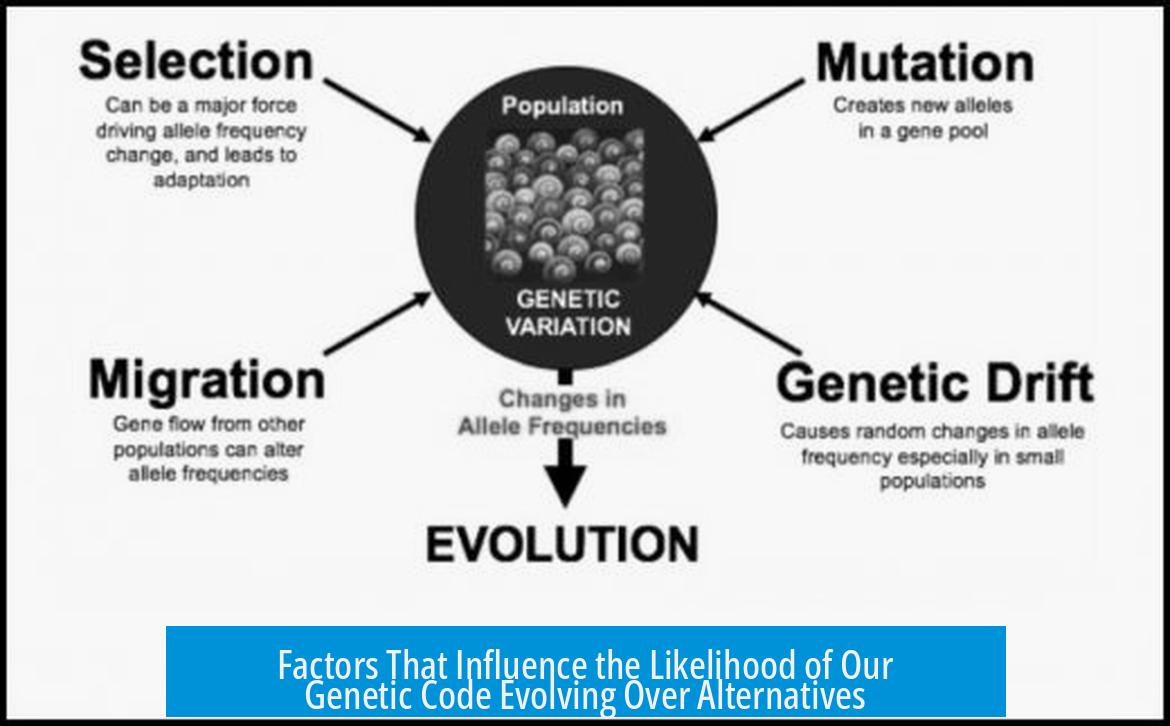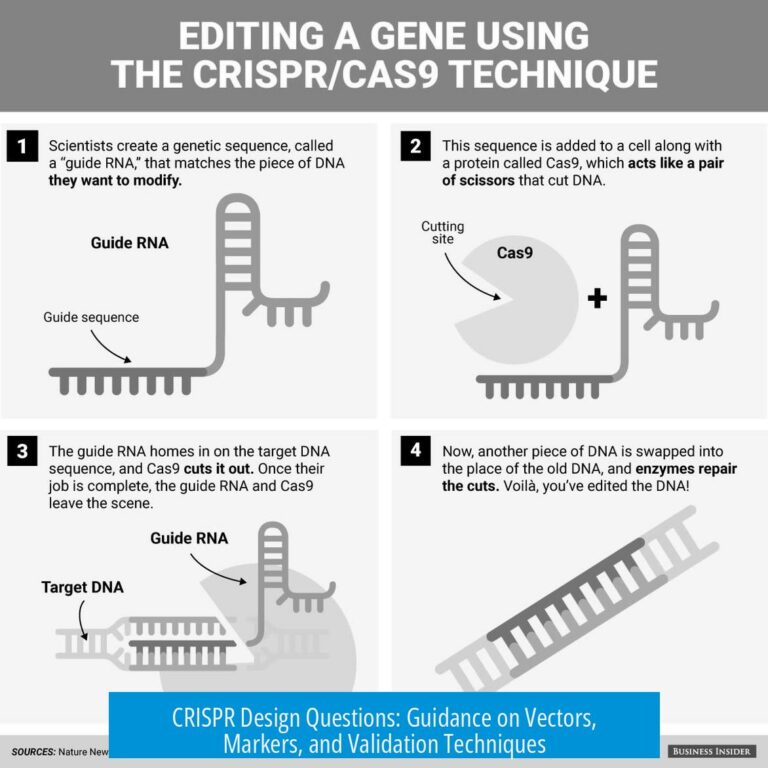Is There Anything That Made Our Genetic Code Likelier to Evolve Than Alternatives?
The standard genetic code’s evolution appears not to be inherently likelier than alternative codes, given the randomness and constraints of evolutionary processes.
Existence of Alternative Genetic Codes
Genetic codes are not universal. Some organisms, such as certain yeasts, use alternative codon assignments. For example, in some yeast species, the codon CUG codes for serine rather than leucine. Synthetic biology also creates modified genetic codes by engineering codons to incorporate non-natural amino acids into cells.
Constraints on Changing the Genetic Code
The universal genetic code is tightly integrated into cellular machinery. A cell’s translational system depends on specific codons matching specific amino acids. Changing codon assignments would require reconfiguring this complex system. Such a shift is difficult and likely requires a strong selective advantage to be fixed in a population.
Evolution as a Random Process
Evolution does not inherently favor one genetic code over another. It operates through random mutation and natural selection based on environmental pressures. The question of whether a particular code is “more likely” to evolve misunderstands this randomness. Any given code can arise through chance and selection but is not inherently more likely.
Origin Hypotheses of the Genetic Code
Scientists propose various hypotheses about how the current genetic code arose. These include theories on chemical affinities between codons and amino acids, error minimization properties, and historical contingencies from early life. However, no definitive explanation exists to date.
Key Points
- Alternative genetic codes exist naturally and can be synthetically engineered.
- Evolutionary changes in genetic codes face strong cellular constraints.
- Evolution is a random process; no code is inherently likelier to evolve.
- Current genetic code likely resulted from historical and biochemical factors.
1. Are there genetic codes different from the standard one we use?
Yes. For example, some yeast translate the CUG codon to serine instead of leucine. There are also engineered synthetic genetic codes that include alternative or non-natural amino acids.
2. Why is it hard for genetic codes to evolve into new forms?
Changing codon assignments is difficult due to the cell’s translation system being built around fixed codon-to-amino acid links. Significant change would need a strong selective pressure.
3. Is the common genetic code more likely to evolve compared to alternatives?
No. Evolution is a random process. There is no inherent likelihood that one genetic code is more prone to evolve than another.
4. Why do codons encode the amino acids they do? Could it be different?
We don’t have a definite answer. There are hypotheses about the origins of the common genetic code, but exact reasons why specific codons match certain amino acids remain unclear.
5. Can we engineer cells with alternative genetic codes?
Yes. Scientists have engineered cells with synthetic codons that code for different or synthetic amino acids. This shows that alternative genetic codes can function, at least artificially.





Leave a Comment